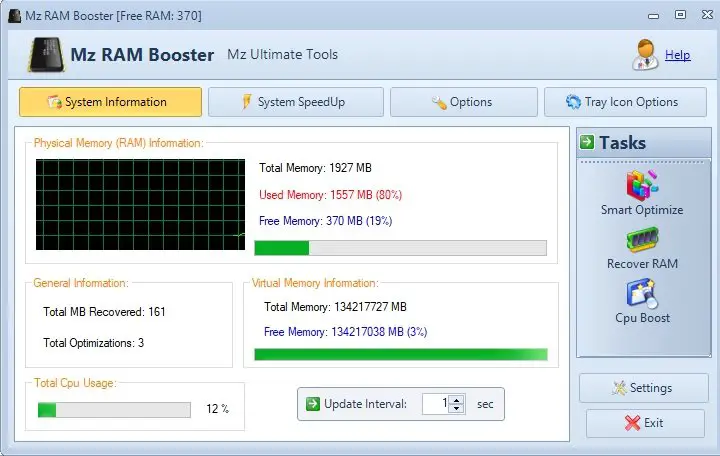
Had a couple fun birthdays recently! Ryan had a very busy popcorn/carnival themed birthday party (complete with carnival games and prizes). Preemptively wishing everyone a Happy New Year! Especially now that I also got a wifi plug and can ask Alexa to turn the Christmas tree lights on and off for me. We got our first cut tree this year (the last two years we tried the "live tree in a pot" thing, but they don't seem to quite make it to the year after), and I'm unexpectedly excited about it. Spent some time with the in-laws, and we are headed up to Canada in the new year. Send in the files that are created for further analysis.Had a fun holiday with the family - kids are old enough now to get excited and leave out cookies for Santa (yum!). Should you encounter a chipset that doesn't work, please let us know by following the instructions under the "Support" section in the help manual. While testing has been performed on approximately 20 different motherboard chipsets, we believe the following chipsets should work without any problem. Such as the module thickness, module width, maximum operating temperature and more. RAMMon displays the values stored on RAM module such as the memory capacity, the manufacturer, serial number, model part number, the CAS latencies supported and the module voltage.Īlso, depending on your RAM type, other specific SPD data can be retrieved as well. The SPD standard is intended for use on any memory module, independent of memory technology or module form factor. Serial Presence Detect (SPD) is the standard set forth by JEDEC for a host system to retrieve attributes of memory modules. This information provides a snapshot of the available data for each RAM module installed on the system.


It uses SysInfo DLL SDK to gather the SPD attributes from RAM devices.

RAMMon allows users to identify a multitude of attributes, of which, includes the manufacturer, the clock speed and other data of their DDR2, DDR3, DDR4, DDR5, XMP and EPP memory devices and even some older memory types.


 0 kommentar(er)
0 kommentar(er)
